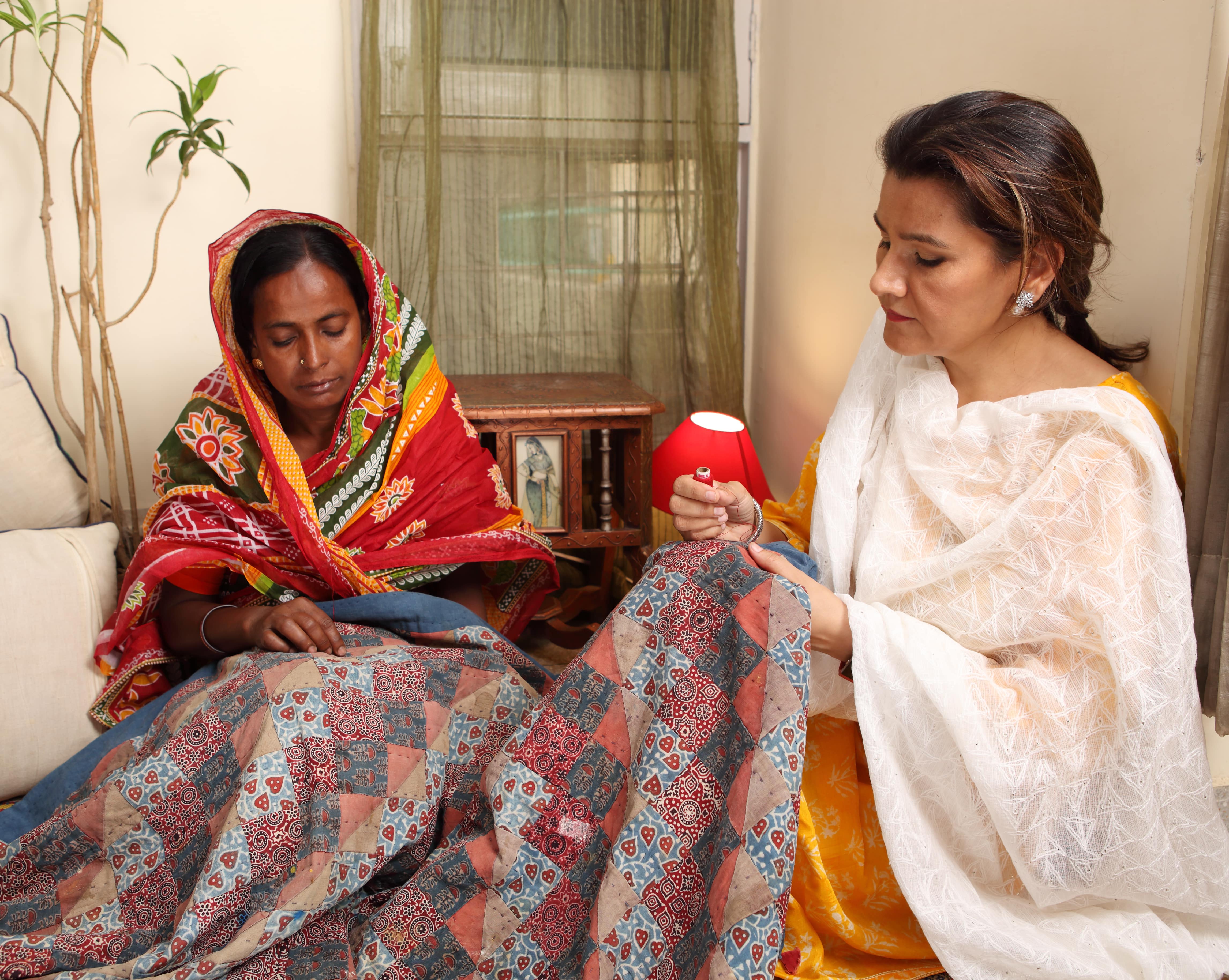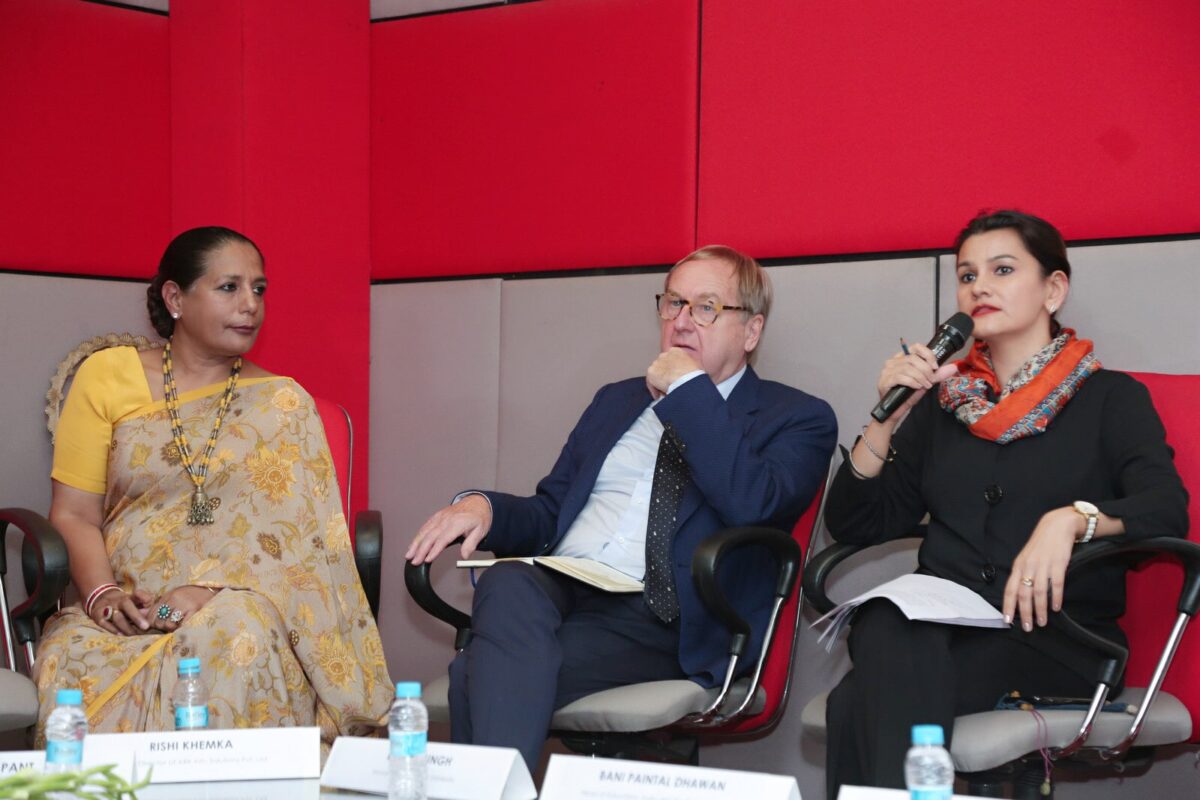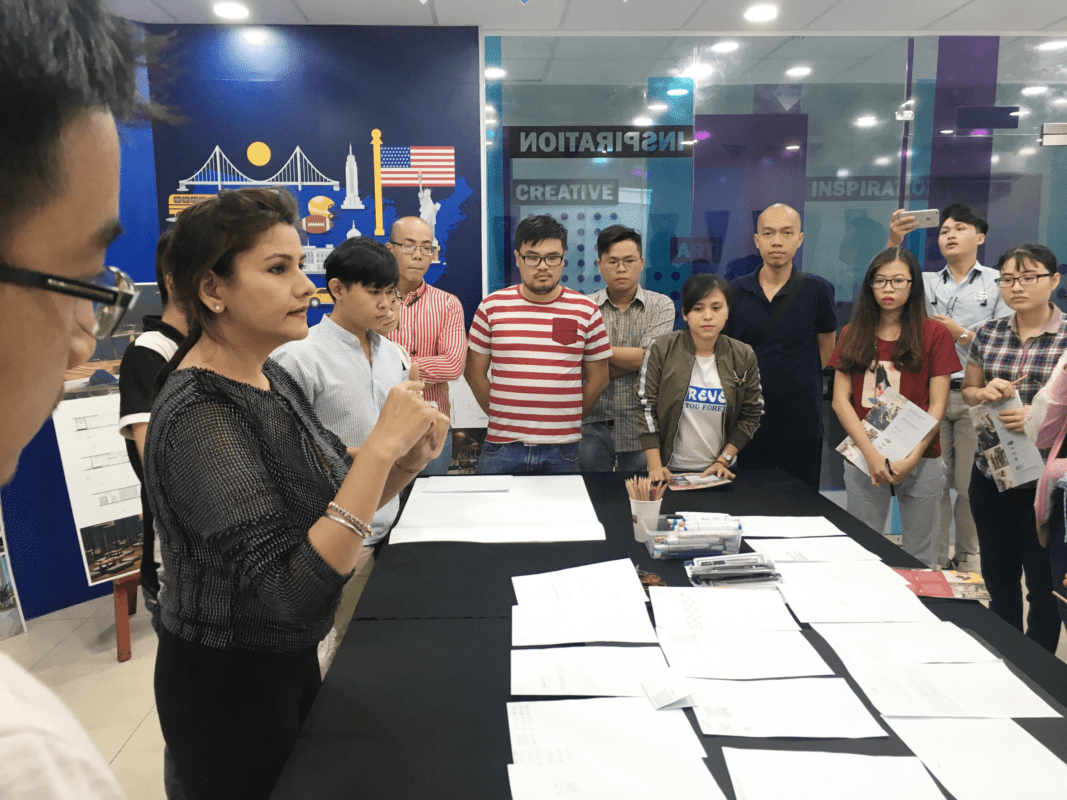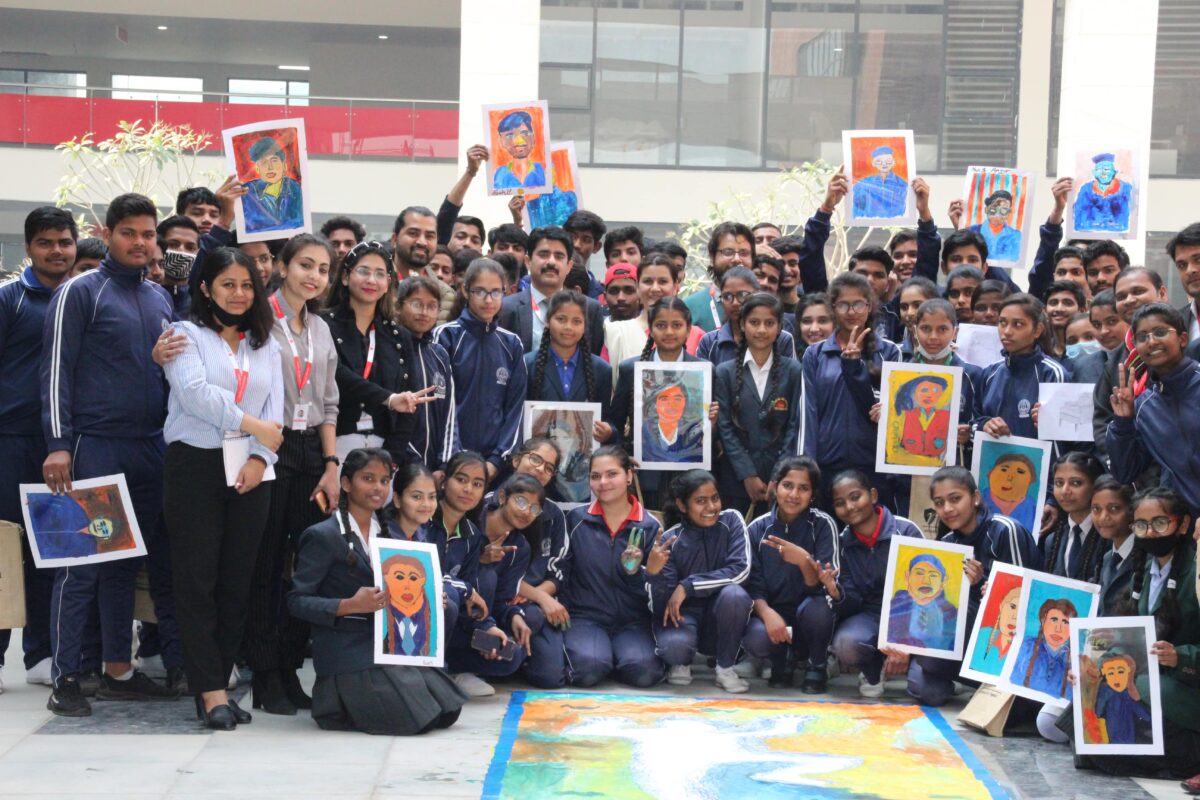Design, Featured category, Miscellanceous
Idea of a better world
ISSUE: 131

As a design educator, Manika Walia is committed to helping students become creative problem-solvers

Introduce us to the School of Creativity, Rishihood University.
MW: As Founding Dean, School of Creativity, Rishihood University, I feel proud because it is the first school of creativity within a comprehensive university in India. We offer an innovative approach to creative education, helping students to realize their creative nature and utilize it for a professional and societal impact. School of Creativity graduate and postgraduate programs immerse students in focused training, interdisciplinary inquiry, and practice-based collaborative learning. Programs are designed to develop values, attitudes, sensorial skills and esthetic sensitivity amongst students. By combining a user-centered, method-based approach with management and entrepreneurial education, we make it ideal for students to lead globally

Which have been your most noteworthy projects?
MW: All my projects, whether to develop a new textile or apparel collection, home products, or jewelry, always take a route of ethical and responsible design. These projects prove that sustainability is good for all. One such project was on recycling plastic bottles into yarn for a luxury decor collection. Plastic bottles, which are non-degradable waste, were converted into a useful fiber for this home furnishing collection. It was interesting to see the transition and the final outcome. The response in the western market was phenomenal.

Do you believe design thinking can transform the world?
MW: Design thinking is a process that designers use for creative problem solving This approach actually shapes the mindset to think differently and innovate. The design thinking approach is a human-centric approach wherein organizations are encouraged to focus on the needs and requirements of people to develop better products, services, and internal processes. The first question should always be – what’s the human need behind it? By doing so, you are collectively thinking about what is desirable from a human point of view, and the technological feasibility and economic viability.

Purchase Designindia 132 here. Read the digital copy of Designindia on Magzter, or POOL App which you can download from AppStore, Google Play.

